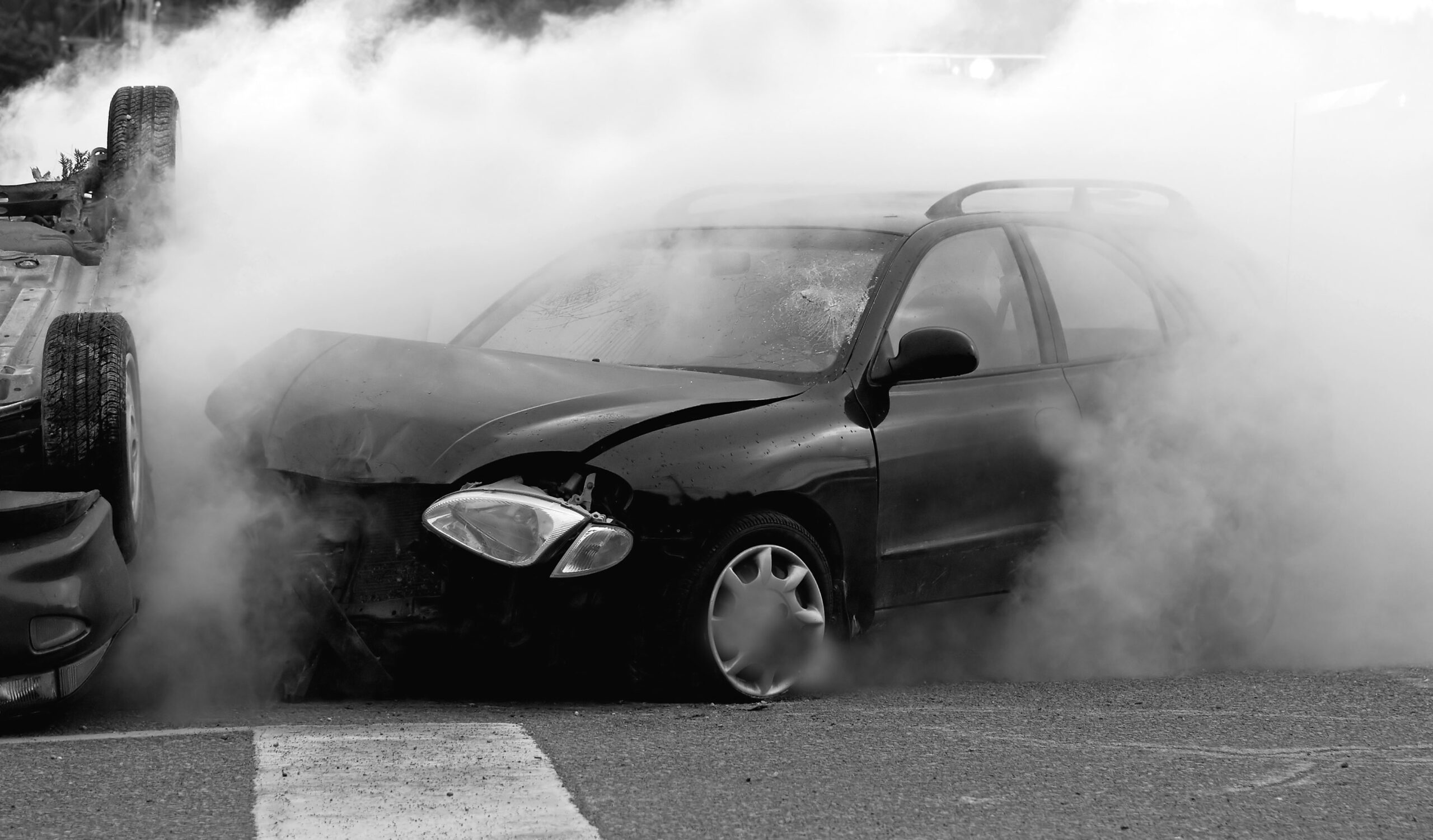Car accidents, unfortunately, are a common occurrence in today’s fast-paced world. They often happen unexpectedly and can have far-reaching consequences, impacting not only those directly involved but also their families, communities, and even society as a whole. In this essay, we will delve into the aftermath of car accidents, exploring the physical, emotional, and legal dimensions of this traumatic experience.
Physical Consequences:
One of the most immediate and obvious consequences of a car accident is physical injury. The severity of these injuries can vary widely, from minor cuts and bruises to life-altering disabilities or even death. Broken bones, whiplash, concussions, and internal injuries are just a few examples of the physical harm that can result from a car crash.
In some cases, these injuries require extensive medical treatment, surgeries, and rehabilitation. The financial burden of medical bills and ongoing care can be overwhelming, leaving victims and their families grappling with not only the physical pain but also the stress of mounting healthcare expenses.
Furthermore, physical injuries can lead to a reduced quality of life. Simple tasks that were once taken for granted, such as walking, driving, or even enjoying hobbies, may become challenging or impossible. This can lead to feelings of frustration, helplessness, and a sense of loss.
Emotional Consequences:
The emotional toll of a car accident can be equally as devastating as the physical injuries. Survivors often experience a range of emotions, including shock, fear, anger, guilt, and sadness. Post-traumatic stress disorder (PTSD) is a common psychological response to traumatic accidents, which can manifest as flashbacks, nightmares, and intense anxiety.
The emotional impact extends beyond the survivors themselves, affecting their loved ones as well. Family members and friends may experience their own emotional turmoil as they witness the suffering of their dear ones or grapple with the fear of losing them. Relationships can be strained, and a sense of helplessness can take a toll on the entire support network.
Legal Consequences:
Car accidents almost always involve legal repercussions. Determining fault and responsibility is a complex process that often requires the involvement of insurance companies and car accident lawyers. This can be a lengthy and contentious affair, with each party seeking to protect their interests.
In cases of severe injury or death, legal actions may escalate to civil or even criminal court. Lawsuits can result in significant financial settlements or judgments, but they can also drag on for years, adding further stress to an already traumatic situation.
Even for those not directly involved in the accident, there can be legal implications according to David & Philpot, PL. Witnesses may be called upon to provide testimony, and drivers may be required to cooperate with law enforcement investigations. The legal process can be confusing and emotionally draining, compounding the difficulties faced by those affected.
Community and Societal Impact:
Car accidents don’t just affect individuals and their families; they also have broader societal implications. These accidents strain healthcare resources, as hospitals and emergency services must respond to an influx of accident victims. Additionally, car accidents contribute to the overall economic burden by increasing healthcare costs and insurance premiums.
From a safety perspective, car accidents highlight the importance of ongoing efforts to improve road infrastructure, vehicle safety features, and public awareness campaigns. These measures are crucial in reducing the frequency and severity of accidents, ultimately benefiting society as a whole.
The aftermath of car accidents is a multifaceted and often devastating experience. The physical, emotional, and legal consequences can be overwhelming for those directly involved and can ripple through families and communities. Recognizing the profound impact of car accidents underscores the importance of promoting safe driving practices, investing in road safety initiatives, and providing support for accident victims and their families as they navigate the long and arduous path to recovery.

